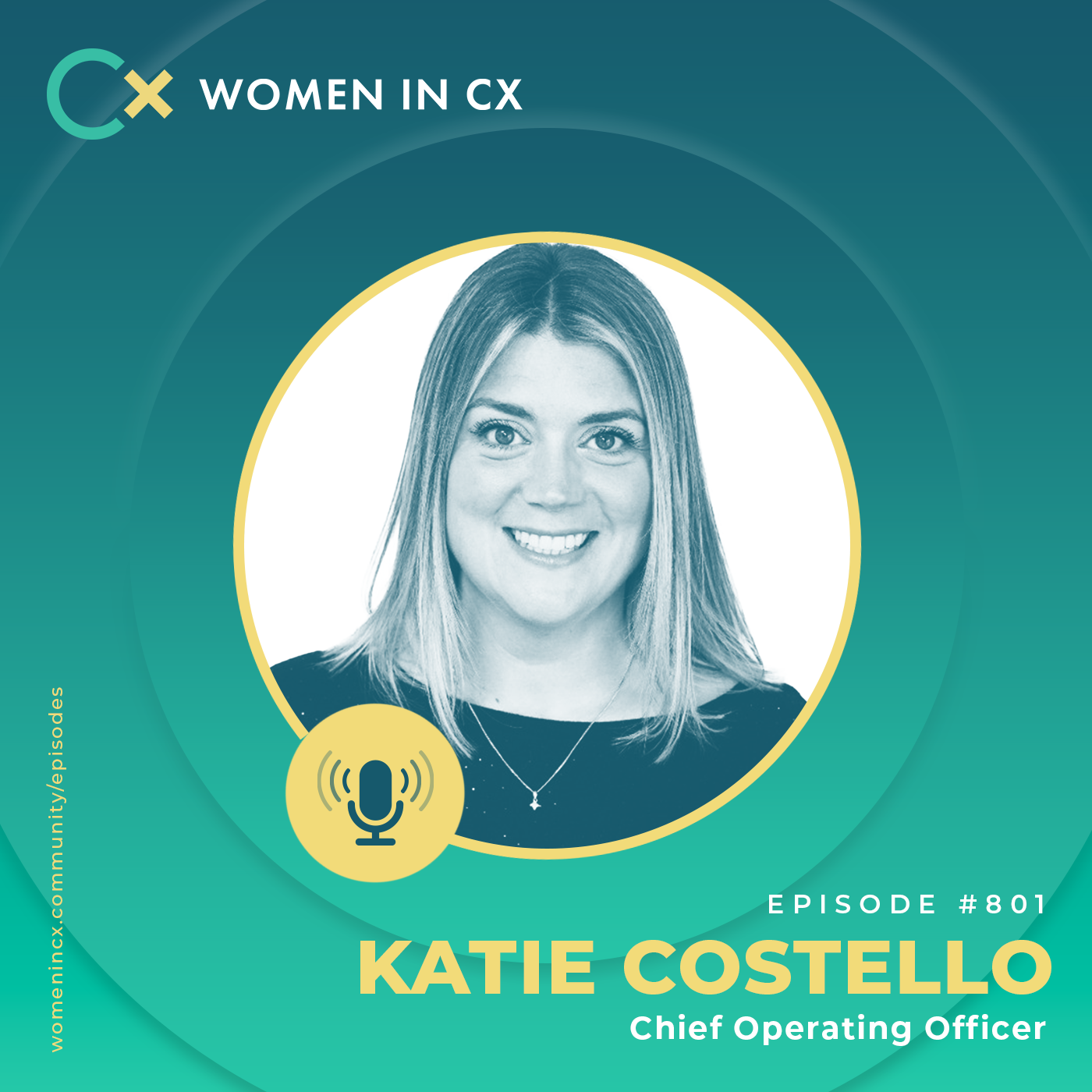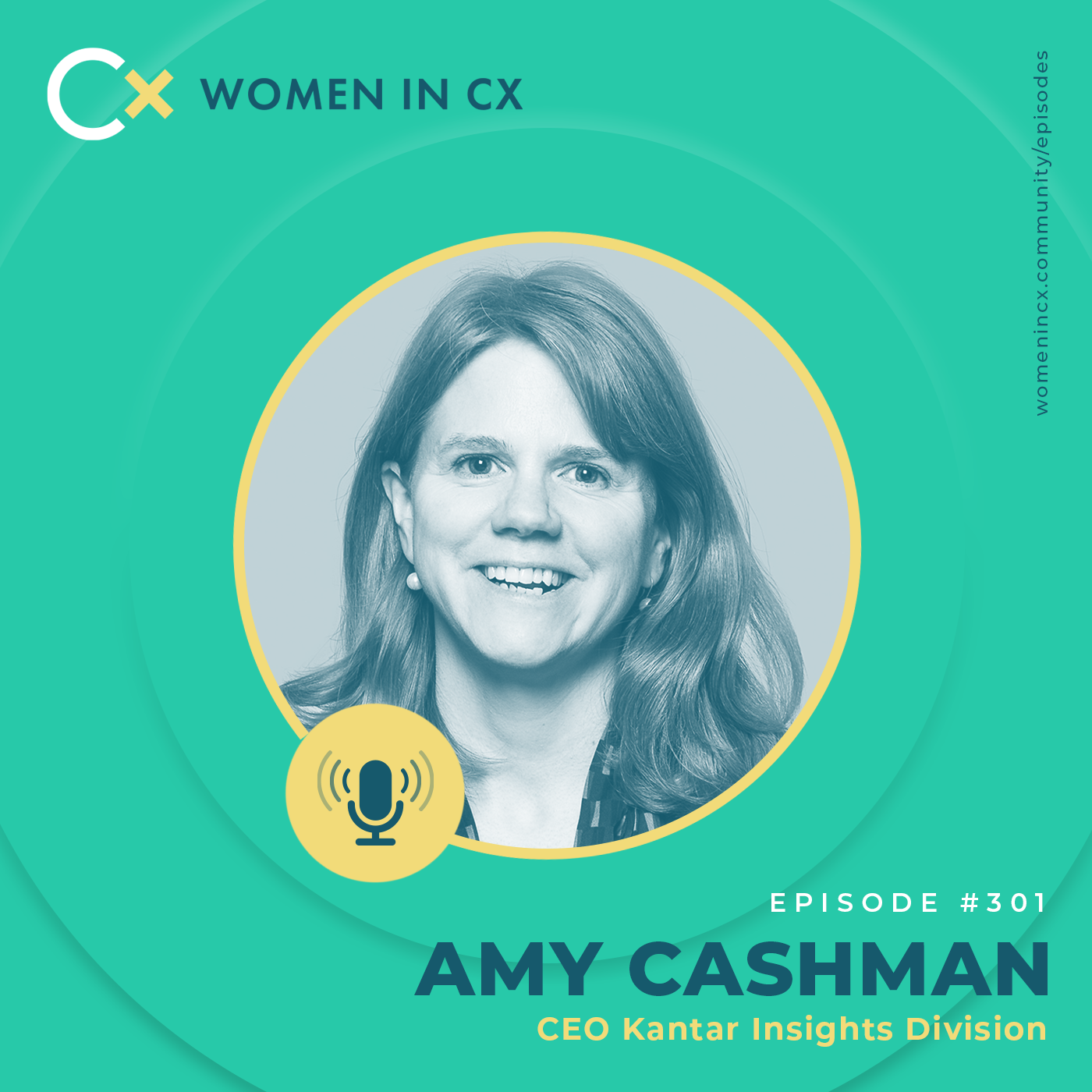Tune in as we share real-talk conversations between women working in CX and those influencing the CX agenda from the periphery too.

Doing Life on Her Own Terms: Freya Finnerty on IVF, Identity and Agile CX
In this intimate and inspiring episode, Clare reconnects with Freya Finnerty—Agile Product Leader, CX professional, queer woman, and proud solo mum to baby Fox.
Freya opens up about choosing solo motherhood, navigating IVF as a gay woman, and how her background in agile product management unexpectedly prepared her for the emotional complexity and unpredictability of the journey.

Career Confidence for Women: Visibility, Leadership and Growth, with Michelle Ansell
“They have to start acting like leaders before they actually get the title or get the position. They have to take the opportunities. They have to be curious, agile, flexible.”
In episode #806 of the Inspiring Women in CX podcast, Clare is joined by Managing Partner Michelle Ansell for a refreshing and honest conversation about the winding road of career progression, the realities of leadership and what it really takes to thrive in a competitive landscape.

Moving From CX-Washing to Real Transformation: Honest, Customer-Centric Experiences, with Joanna Carr
“I think my piece of advice would be to take a real honest, hard look at…either yourself or your business. If you are communicating that you want to be a customer-centric company or organisation, then take a real honest hard look at, are we actually that?”
In episode #804 of the Inspiring Women in CX podcast, Clare is joined by CX Consultant Joanna Carr for a candid and insightful discussion on customer experience strategy, the pitfalls of “CX-washing”, and the reality of delivering on brand promises.

From Redundancy to Reinvention: Turning Setbacks into Success, with Katie Costello
“I wanted to leave to almost grow. I was part of the furniture… I didn’t like the feeling of being that. I wanted to have the confidence to step out of the shadows… and believe more in myself.”
In episode #801 of the Inspiring Women in CX podcast, Clare is joined by Chief Operating Officer Katie Costello for a heartfelt discussion on navigating career transitions, facing redundancy, and turning uncertainty into a powerful opportunity for growth

Clare Muscutt talks about CX Insights and Women in the Workplace with Kantar Insights CEO Amy Cashman
I think it’s really important to be clear what your red lines are in an organisation. I’m very clear there’s things I won’t miss: I have never missed one of my children’s assemblies; I’ve never missed sports day; I’ve never missed a parents’ evening. I just won’t miss stuff like that. And I’ve had occasions where it’s clashed with an important meeting and I’ve consciously chosen to explain, ‘I’m not at that meeting because I’m at a school assembly.’ I haven’t tried to hide it and say, ‘I’ve got a medical appointment’ or anything like that because that’s how you get the message that that is okay and that is normal. And that’s not always felt comfortable, to be truthful. I’ve come to that, I would say, over a period of time. It wasn’t something I would have done straight away when I got back from maternity leave, but I hope by doing things like that it just makes it…


